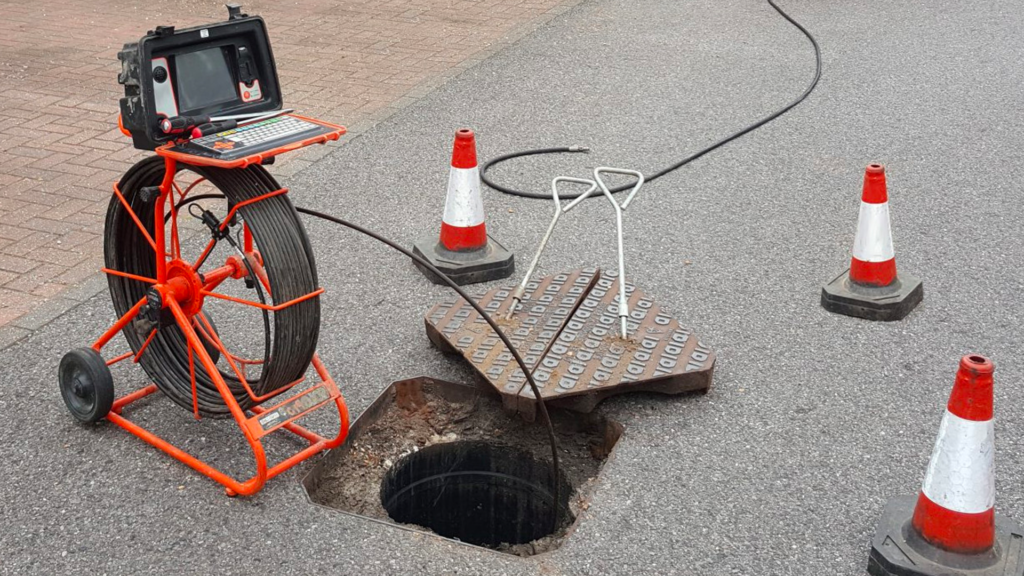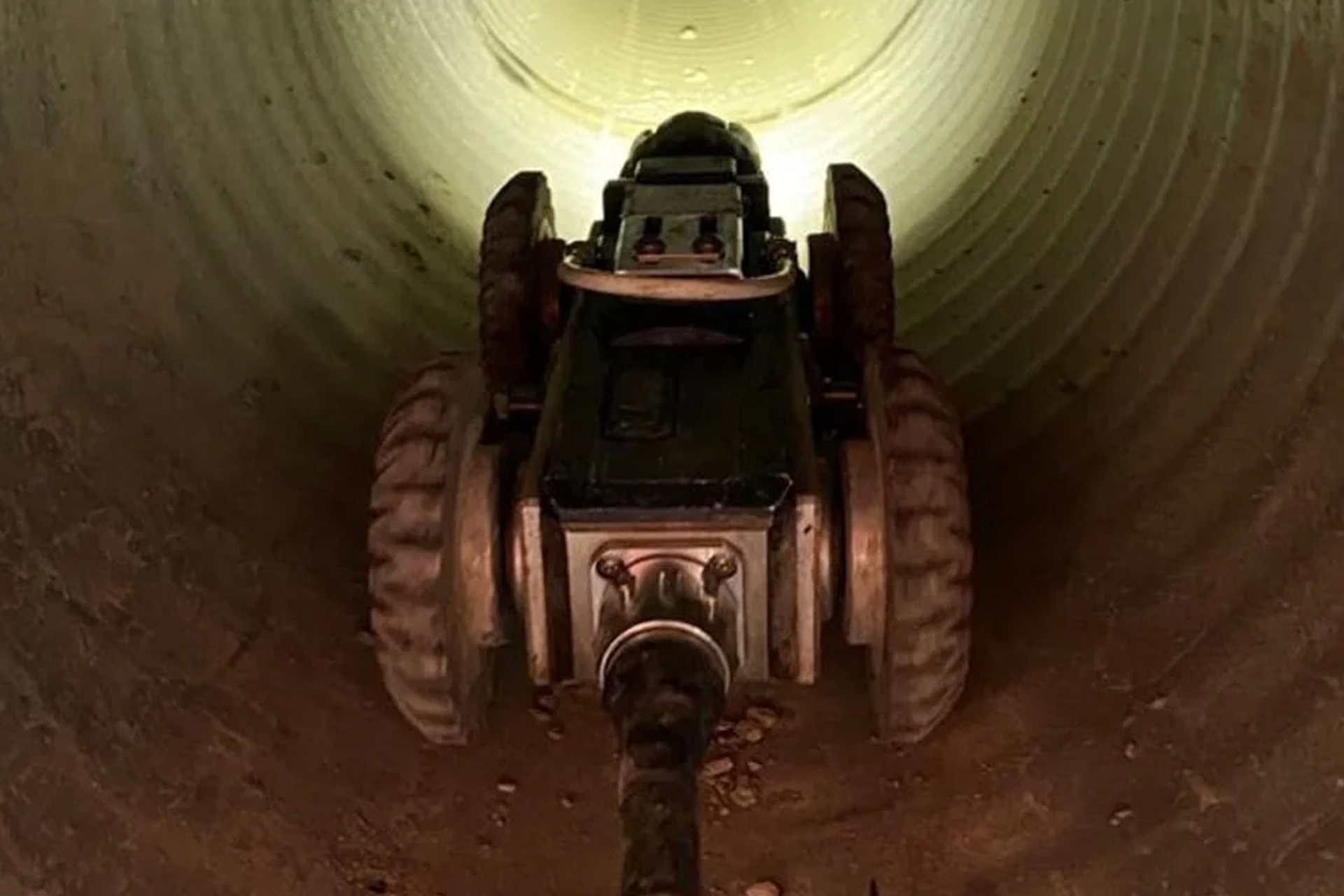The 9-Second Trick For Reclaim Waste
The 9-Second Trick For Reclaim Waste
Blog Article
Reclaim Waste Can Be Fun For Anyone
Table of ContentsThe Main Principles Of Reclaim Waste 10 Simple Techniques For Reclaim WasteHow Reclaim Waste can Save You Time, Stress, and Money.Not known Facts About Reclaim WasteThe smart Trick of Reclaim Waste That Nobody is Talking About
Explore the kinds, incidents, and forms of fluid waste. Domestic sewage waste refers to the waste and items from a household septic system. This kind of waste is developed by people in homes, colleges, and other structures. This only includes septic systems that have a drainpipe field. The proper management and disposal of domestic sewer waste call for liquid waste to be moved to a sewer therapy plant where the correct methods and equipment are applied to detoxify and get rid of waste.
Industrial waste commonly consists of prospective hazards, such as combustible products or a mix of fluid and strong waste items, and needs an advanced and thorough disposal process. The disposal of industrial waste commonly includes the filtering of waste prior to transport to ensure risk-free and appropriate disposal. Hazardous waste is created from by-products and overflow of industrial procedures and manufacturing.
This sort of waste can not use the exact same sewer management transport or processes as septic or business fluids. The hazardous waste monitoring procedure needs the assessment and screening of liquid waste before it undergoes the disposal procedure (liquid waste disposal). Drainage waste is the fluid waste that comes from overflow and excess stormwater in extremely inhabited locations or cities
Runoff waste can cause contamination and flooding if not handled correctly. Discover more about sewer cleansing and waste administration. Ensuring correct waste monitoring can prevent calamities and minimize environmental injury. Both individuals in property setups and specialists in business or production industries can profit from understanding the procedures and laws of fluid waste management.
Getting My Reclaim Waste To Work
Call PROS Solutions today to learn more about our waste management and disposal solutions and the proper means to care for the fluid waste you create.
(https://soundcloud.com/reclaimwaste1)Do you understand what happens to your water when you end, flush the toilet or drain the washing maker? No? Well, it deserves knowing. This so-called 'wastewater' is not just an important resource however, after treatment, will certainly be launched to our land, rivers or the ocean. Utilized water from bathrooms, showers, bathrooms, kitchen area sinks, laundries and commercial processes is called wastewater.

water made use of to cool down machinery or clean plant and equipment). Stormwater, a form of wastewater, is drainage that streams from agricultural and metropolitan areas such as roof coverings, parks, gardens, roads, courses and rain gutters right into stormwater drains, after rainfall. Stormwater flows unattended straight to regional creeks or rivers, at some point reaching the sea.
Reclaim Waste Things To Know Before You Buy
In Queensland, many wastewater is treated at sewer therapy plants. Wastewater is delivered from residential or industrial sites with a system of sewers and pump stations, referred to as sewage reticulation, to a sewage treatment plant. Regional federal governments construct, keep and operate most sewer therapy plants. Operators are accredited under the Environmental Defense Act 1994 to discharge treated wastewater at an appropriate environmental requirement into rivers.
The Division of Natural Resources recommends city governments concerning managing, operating and keeping sewage systems and treatment plants. In unsewered locations, neighborhood federal governments may need householders to set up individual or house sewage therapy systems to deal with residential wastewater from bathrooms, kitchen areas, washrooms and laundries. The Division of Natural Resources authorises making use of house systems when they are confirmed to be efficient.
Many stormwater gets no treatment. In some brand-new class, treatment of some stormwater to eliminate litter, sand and gravel has started using gross toxin traps. Wastewater treatment occurs in 4 stages: Removes strong matter. Bigger solids, such as plastics and various other items incorrectly discharged to sewage systems, are eliminated when wastewater is travelled through displays.
Wastewater then streams right into big containers where solids work out and are gotten rid of as sludge. Grease and residue are skimmed from the surface area. Uses small living microorganisms knows as micro-organisms to damage down and remove staying liquified wastes and fine bits. Micro-organisms and wastes are included in the sludge. Removes nitrogen and phosphorus nutrients that could trigger algal blossoms in our waterways and endanger water life.
Things about Reclaim Waste
Nutrient removal is not offered in any way sewage treatment plants because it needs costly specialised equipment. It is becoming much more typical in Queensland. Clear liquid effluent created after treatment might still include disease-causing micro-organisms. If this effluent is launched right into rivers such as rivers or the sea, the micro-organisms will at some point pass away out.

This generally implies wastewater has to be treated or impurities eliminated before it can be discharged to waterways. Most wastewater streams right into the sewerage system. Under the Act, city governments carry out authorizations and licences for ecologically pertinent activities (Periods) including wastewater releases that might have a neighborhood impact. The division carries out approvals and permits to Ages entailing wastewater launches that might have a local or statewide influence.
The Buzz on Reclaim Waste
Monitoring offers factual information about water top quality and can validate that permit problems are being satisfied. The info gotten via monitoring provides the basis for making water top quality choices.
Report this page